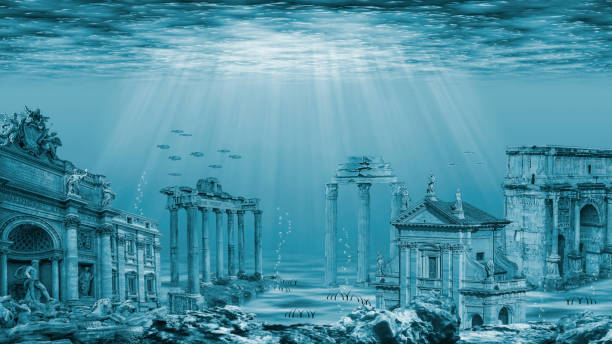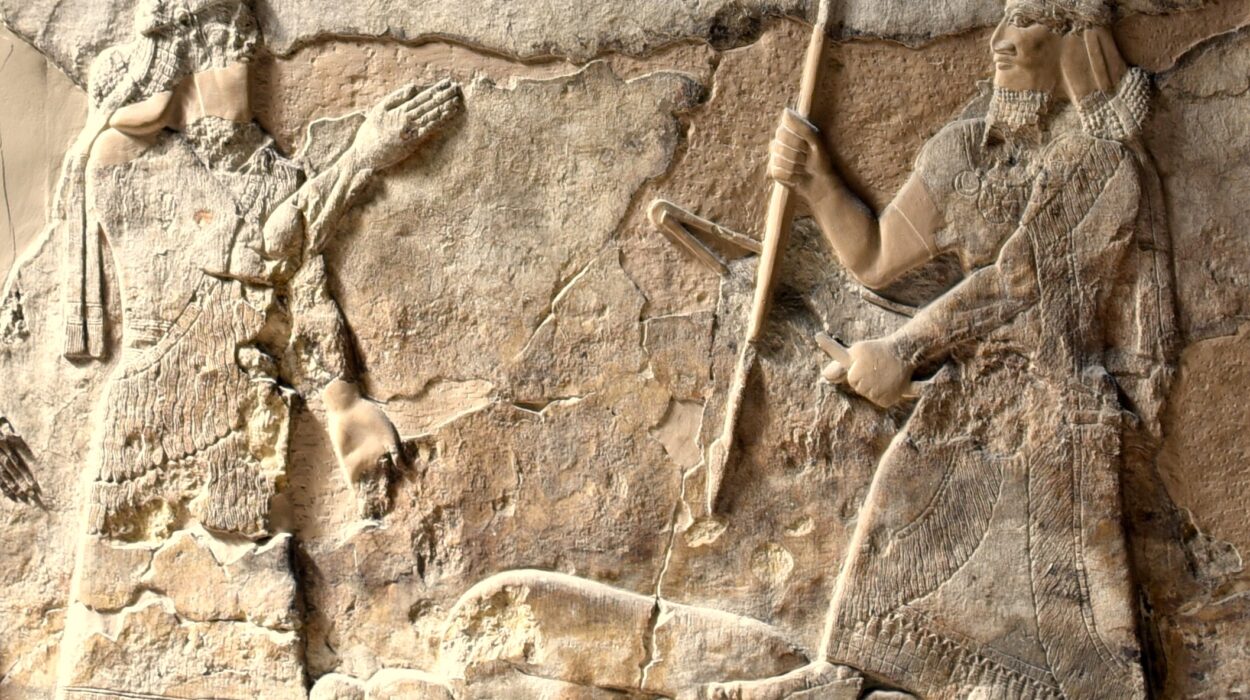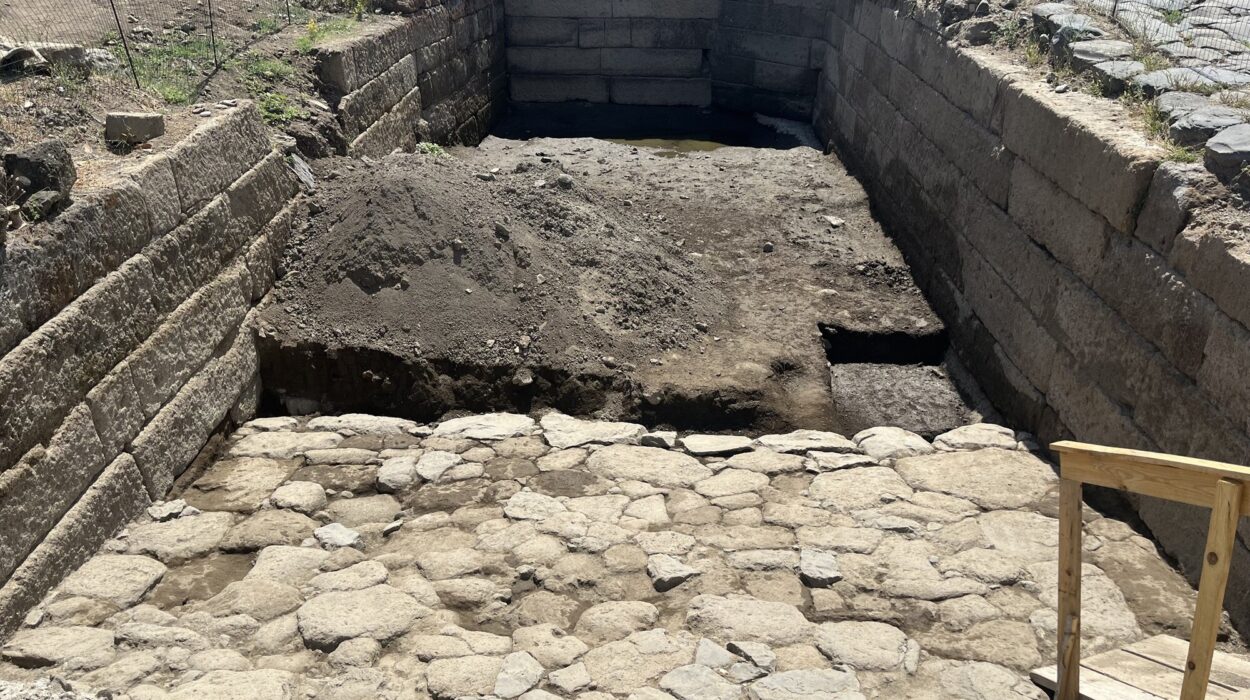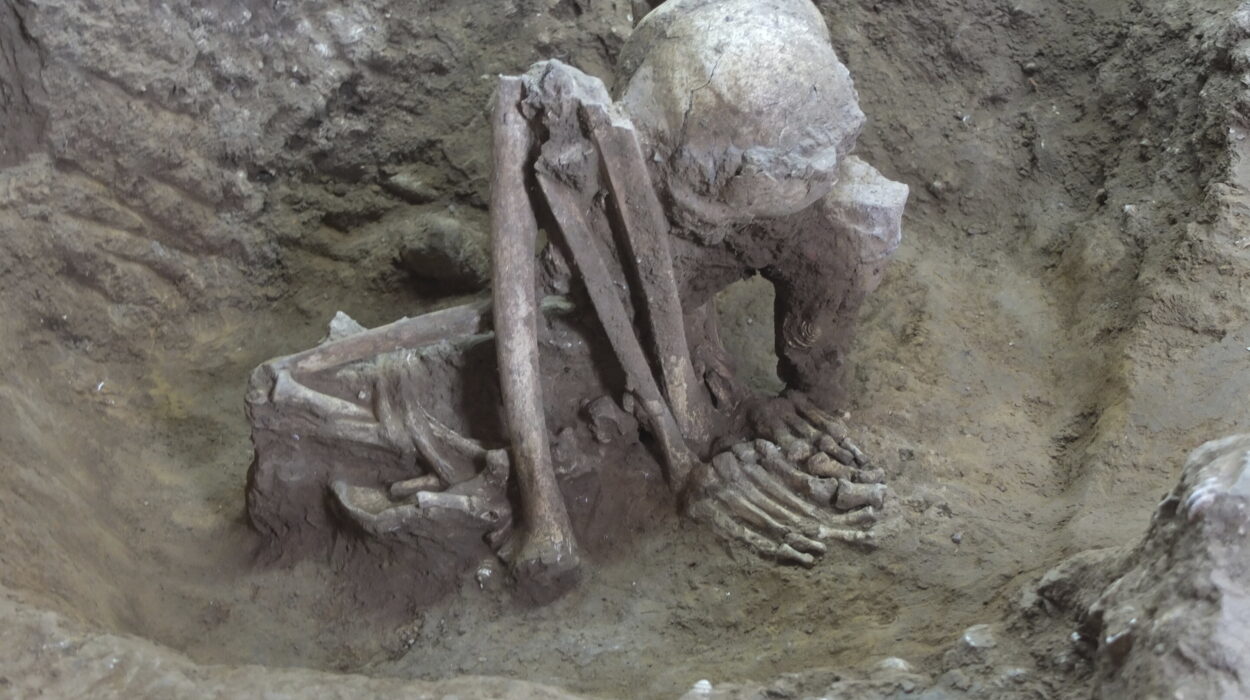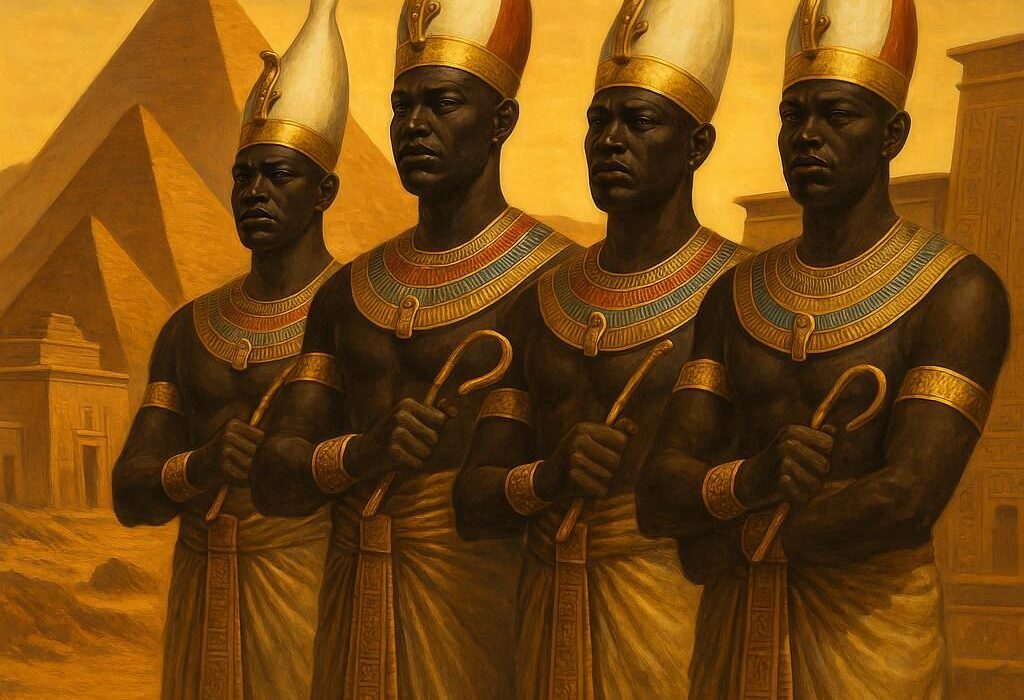Few stories have captivated the human imagination as deeply as the tale of Atlantis. From philosophers to explorers, from mystics to scientists, the legend of this lost civilization has persisted for more than two thousand years. Atlantis has been described as a paradise of wisdom and power, a kingdom blessed with wealth and technology far beyond its time—until it was swallowed by the sea in a single, catastrophic event.
But what is Atlantis, really? Is it history or myth? Was it a real place that vanished into the ocean, or is it simply a cautionary fable wrapped in mystery? To explore Atlantis is to journey into a crossroads of archaeology, philosophy, geology, and storytelling. It is a voyage through human longing for lost golden ages, for secrets hidden beneath the waves, and for the possibility that our ancestors may have known more than we give them credit for.
The Origins of the Atlantis Story
The first known reference to Atlantis comes not from maps or explorers, but from the writings of the Greek philosopher Plato. Around 360 BCE, in his dialogues Timaeus and Critias, Plato described Atlantis as a mighty island empire that existed some 9,000 years before his own time. According to him, Atlantis lay “beyond the Pillars of Heracles”—what we now call the Strait of Gibraltar, the gateway between the Mediterranean and the Atlantic Ocean.
Plato wrote that Atlantis was larger than Libya and Asia Minor combined. It was a powerful naval state that once threatened to dominate the known world. Yet, in a single day and night of misfortune, earthquakes and floods caused the island to sink beneath the sea, never to be seen again.
For Plato, the story of Atlantis was not told as a sailor’s tale or a myth—it was presented as a moral parable. He described Atlantis as a civilization that had grown corrupt and arrogant, punished by the gods for its hubris. In this sense, Atlantis was a warning: even the mightiest powers can fall when they stray from justice and virtue.
Plato’s Motives: History or Allegory?
Scholars still debate whether Plato intended Atlantis to be taken literally. Some argue that it was purely an allegory, a teaching tool to illustrate his philosophical ideas about ideal societies, corruption, and divine justice. Others suggest that he may have based his account on real stories, perhaps drawing from Egyptian records or folk memories of natural disasters in the ancient world.
One theory suggests that the eruption of the volcano on the island of Thera (modern-day Santorini) around 1600 BCE may have inspired the story. This eruption devastated the Minoan civilization, a powerful and advanced culture of the Aegean Sea. The scale of the disaster—the obliteration of cities, the tsunamis that followed—could have echoed down the centuries, transformed into Plato’s tale of a mighty island swallowed by the sea.
Still, the precision of Plato’s details—the concentric rings of canals, the vast resources of Atlantis, its armies, its navy—leaves room for speculation. Was he merely inventing an allegory with remarkable detail, or was he working with fragments of real history?
The Geography of a Dream
Over the centuries, the question of where Atlantis was located has spawned countless theories. Some place it in the Atlantic Ocean, consistent with Plato’s description “beyond the Pillars of Heracles.” Others argue for the Mediterranean, pointing to the Minoans or even the lost city of Helike, which was destroyed by a tsunami around 373 BCE.
Some propose more exotic locations: the Caribbean, Antarctica, the Azores, even South America. Each theory attempts to reconcile Plato’s account with geography, geology, and archaeology. Yet no definitive evidence has ever emerged.
This search reveals as much about human imagination as it does about Atlantis itself. The lost city is like a mirror, reflecting our deepest hopes and fears: the dream of hidden wisdom, the caution of hubris, the longing for an origin story that explains the mysteries of our past.
Atlantis and Ancient Civilizations
Part of Atlantis’s enduring power comes from the way it resonates with real ancient civilizations that achieved extraordinary feats. The Egyptians built pyramids aligned with the stars. The Minoans created vibrant art and advanced plumbing. The Maya and Inca constructed cities high in the mountains with breathtaking precision.
It is tempting to imagine that Atlantis was one of these civilizations, or a forgotten ancestor that spread knowledge across the globe. Stories of great floods and sunken lands appear in many cultures—from Mesopotamia’s Epic of Gilgamesh to the biblical flood narrative to Hindu myths of drowned cities. Could Atlantis be a cultural echo of humanity’s shared memory of rising seas after the Ice Age?
Between 12,000 and 10,000 years ago, as glaciers melted, sea levels rose dramatically, swallowing coastlines and perhaps entire settlements. For coastal peoples, this would have been an apocalyptic event. To those who survived, it may have felt like a whole world had vanished beneath the waves—a memory that lived on in myth.
Science and the Atlantis Debate
Modern science approaches Atlantis with caution. Geology tells us that entire continents do not simply sink into the ocean overnight. The Earth’s crust moves slowly, over millions of years, not in sudden cataclysms capable of swallowing a vast landmass in a single day.
Yet science also acknowledges that localized catastrophes—volcanic eruptions, earthquakes, and tsunamis—can indeed destroy entire cities. The story of Pompeii, buried in ash in 79 CE, proves that civilizations can vanish in moments. The island of Krakatoa erupted in 1883, wiping out villages and altering global climate. These examples show that Plato’s tale, while exaggerated, may be rooted in real-world disasters.
Some researchers focus on the idea that Atlantis was not a continent but a city or culture, exaggerated through storytelling. They look to the Minoans, or to smaller sites such as Helike, or even to regions now submerged by rising seas, like the Doggerland plains that once connected Britain to mainland Europe.
In this sense, Atlantis becomes less a question of “where was it?” and more of “what inspired the story?” The absence of physical evidence does not diminish the cultural truth: ancient peoples lived through cataclysms that shaped their myths and identities.
Atlantis in Culture and Imagination
Regardless of its historical truth, Atlantis has taken on a life of its own. During the Renaissance, explorers and philosophers reimagined Atlantis as a symbol of lost wisdom, connecting it to ideas of utopia and the perfect society. In the 19th and 20th centuries, writers like Ignatius Donnelly and Helena Blavatsky gave Atlantis a mystical twist, portraying it as the source of ancient technologies, spiritual insights, or even extraterrestrial connections.
In popular culture, Atlantis appears in novels, films, and video games as an advanced civilization with futuristic technology—sometimes benevolent, sometimes dangerous. From Jules Verne’s 20,000 Leagues Under the Sea to modern superhero films, Atlantis serves as a canvas for imagining humanity’s potential and pitfalls.
Atlantis also touches on our longing for lost knowledge. Did our ancestors possess wisdom about energy, medicine, or the cosmos that we have since forgotten? Was Atlantis the cradle of civilization, a missing link in our history? These questions may not have answers, but they fuel an enduring fascination.
The Symbolism of Atlantis
At its core, the legend of Atlantis is about more than geography—it is about meaning. Atlantis represents the duality of human achievement: our capacity for greatness and our tendency toward hubris. It is a story of rise and fall, of glory undone by arrogance.
In this way, Atlantis is timeless. It echoes in the collapse of Rome, in the vanished cities of the Maya, in the ruins of Angkor. It warns us that no civilization is immune to downfall, no matter how advanced. It also invites us to reflect on our own world today: with rising seas, environmental destruction, and global crises, are we walking the path of Atlantis?
The myth challenges us to consider what makes a civilization endure. Is it wealth and technology, or is it balance, humility, and harmony with the natural world? Atlantis is not just about the past—it is a mirror for the present and a question for the future.
The Continuing Quest
The search for Atlantis continues, not only in the ocean depths but also in the human imagination. Archaeologists, geologists, and divers still investigate possible sites, from the Mediterranean to the Caribbean. Advances in underwater mapping and satellite imaging may one day uncover ruins that reshape our understanding of history.
But even if Atlantis is never found, the search itself has value. It pushes us to ask questions about our origins, to reexamine ancient civilizations, and to confront the fragility of human achievement. The legend’s endurance is proof that stories can be as powerful as facts, guiding generations through mystery and meaning.
Conclusion: Atlantis as Eternal Story
The lost civilization of Atlantis may never be proven to exist, but its power lies not in evidence alone. It lives in the human heart, in our fascination with lost worlds, in our fear of destruction, and in our hope for hidden wisdom. Atlantis is as much a myth of the future as it is of the past—an enduring reminder of both human potential and human fragility.
Perhaps that is why the story continues to enchant us. Beneath the waves of history and imagination, Atlantis waits—not as a city of stone, but as an eternal story, asking us to reflect on what it means to rise, to fall, and to dream of worlds beyond the horizon.
